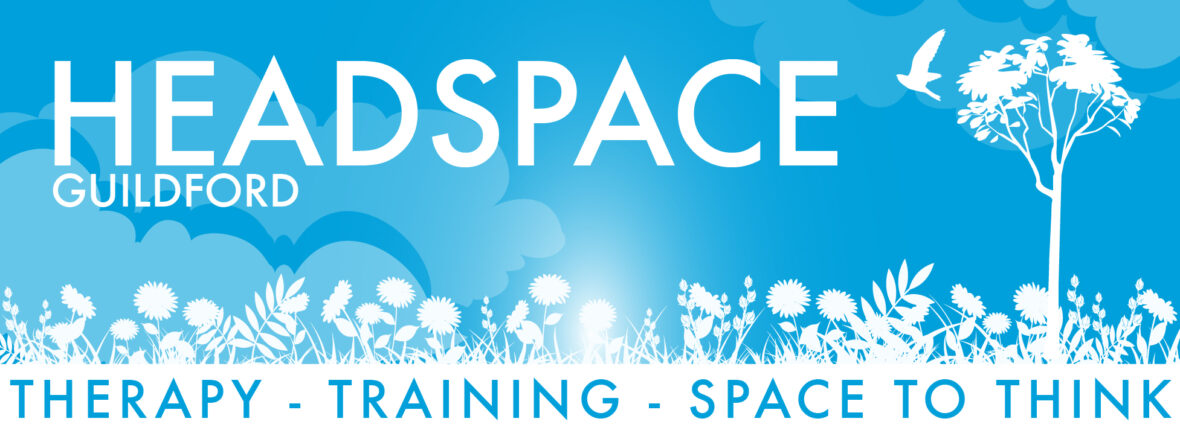I’ve blogged before about the kindness of strangers (http://headspaceguildford.co.uk/the-power-of-kindness/ and http://headspaceguildford.co.uk/little-kindness-world/) and what a difference a simple, random act of kindness can make to someone. But today I wanted to talk about kindness in the non-random way – as a way of living.
There’s a great book I always read with children called ‘Have you filled a bucket today? (Carol McCloud; link). In this book it talks about how we all carry around a bucket of happiness (yes, cheesy I know!). Sometimes our bucket is fuller, and at other times its emptier. We can all relate to that. But crucially the book talks about how we manage when our buckets are empty. What some people do is to scoop out of other’s buckets when they’re feeling bad. Perhaps it’s because we think we can fill our own bucket with their happiness. Maybe. But I think it’s more likely that when we feel bad, we can’t tolerate others who have fuller buckets. Or we’re just feeling so bad we don’t care who we hurt. What we know is, when you scoop out of someone else’s bucket, you also empty your own a little too. Instead of filling us up it actually depletes us more.
The good news is that the reverse is also true, and that’s the point I’m trying to get to about kindness. We know that when we add to someone else’s bucket (a compliment, a kind act, an offer of support) we also add to our own – the research bears this out. Doing things for others contributes to positive well being in the giver. It’s a win-win.
It’s more complicated than that though, isn’t it. Sometimes a compliment is not well-received and embarrasses the person you were trying to boost. Sometimes a well-meaning gesture is misconstrued or rejected. That doesn’t feel so good – in fact it dips into both our buckets leaving them emptier. Sometimes this happens because the offer wasn’t that genuine or well intentioned (You don’t really think that new hair cut is nice). When this is a case our sophisticated radar pick up the disingenuous-ness of the comment. However sometimes it’s not that our approach was misguided. It may be that the person has a bucket with a hole and that it’s difficult for them to feel good about anything or that tolerating positive feelings feels too hard or is so rare that they don’t know how to process them. There are a few complex reasons why your kindness might not have a positive impact.
So the question is then, can you, will you take the risk? It would be easier not to risk it. To not offer these kindnesses out to people, to not try and genuinely fill other’s buckets. Easier yes. The right thing to do? That’s for you to decide. But I’ll leave you with these three quotes
“Nothing really great was ever achieved without enthusiasm” (Ralph Waldo Emerson)
and
“Never was anything achieved without danger” (Niccolo Machiavelli)
and
“Happiness is a risk. If you’re not a little scared, you’re not doing it right”. (Sarah Addison Allen)
